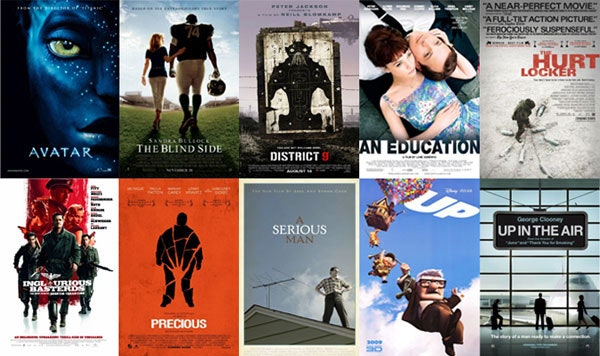
Curtis Yarvin’s Venice Biennale Proposal Highlights Far-Right Struggles in Artistry

**The Cultural and Political Landscape of the Venice Biennale: A Focus on American Values**
As the art world gears up for the 2026 Venice Biennale, the anticipation grows, particularly in relation to the United States Pavilion. Historically, the Venice Biennale has served as a prestigious platform for countries worldwide to exhibit their most innovative and thought-provoking art, often reflecting their cultural and political climate. For the 2026 United States Pavilion, the focus will be on “American Values,” a theme open for proposals via the US State Department until July 30.
The Venice Biennale, established in 1895, is the world’s oldest biennial dedicated to contemporary art. It plays a significant role in setting trends, launching careers, and facilitating international dialogue. The event is akin to the Olympics of the art world, drawing artists, critics, collectors, and spectators from all continents. Each participating country selects artists to represent their national narratives, offering a glance into their societal values and cultural priorities.
For the United States, the Pavilion’s theme, “American Values,” encourages artists to explore and express the principles and ideologies shaping America. This could include reflections on freedom, democracy, diversity, innovation, and equality. The chosen artists will have the opportunity to offer their interpretations of these values, showcasing how they manifest in contemporary American society and how they resonate internationally.
In recent years, the art world has witnessed increased intersection with politics. Artists often address current socio-political issues, including climate change, social justice, and human rights, within their work. This trend is expected to influence the proposals for the US Pavilion, given the country’s current cultural and political discourse.
Notably, the Venice Biennale also offers a unique platform for artists to challenge norms and engage with controversial themes. The art presented can provoke discussions and offer new perspectives, influencing public opinion and policy. This dynamic has sometimes led to controversies, as artists push boundaries and question established narratives.
Apart from fostering artistic excellence, the Biennale serves as a bridge between cultures, facilitating global understanding through the universal language of art. As the world becomes more interconnected, the role of international art exhibitions like the Venice Biennale is more crucial than ever, promoting dialogue and collaboration among diverse cultures.
In summary, the 2026 Venice Biennale presents an exciting opportunity for American artists to express and redefine “American Values” in a global context. It stands as a testament to the power of art to reflect, influence, and sometimes redefine societal values, contributing to the ongoing discourse on America’s identity and its role in the world. As the art community and the public await the unveiling of the selected works, the Biennale promises a thought-provoking and culturally rich exploration of America’s core beliefs and ideals.